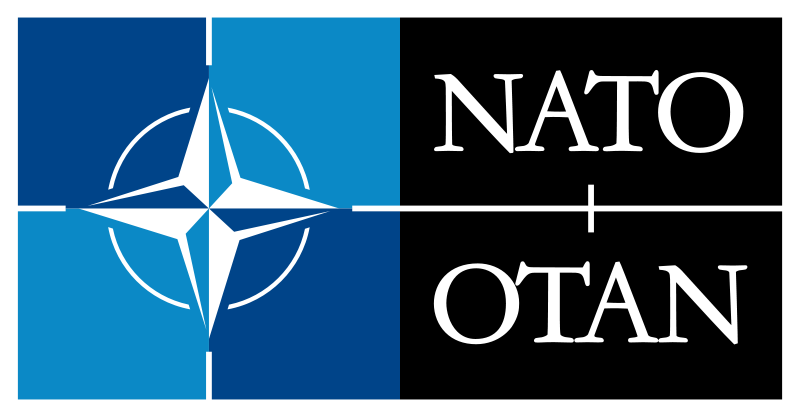When the rise of digital changed the communications landscape, the North Atlantic Treaty Organization (NATO) had a problem. Like many other international organizations, their communications strategy wasn’t yet used to digital systems, and they had to make a number of changes to re-calibrate.
Steven Mehringer, NATO’s head of communication services, told us how they did it and what they learned along the way. Here are the top takeaways from his workshop at our social media summit..
1. Channel separation is a myth.
That a lot of people consume media differently across devices, platforms, and services is nothing new. You need only look to technologies like Netflix and HBO Go to see that computers are becoming televisions. At the same time, televisions are becoming our computers. Smart TVs, Google Chromecast, and Apple TV all make sure of that.
Social media has already changed publishing and digital across the board, not to mention its effect on things like email and instant messaging. The social layer that is now omnipresent over every aspect of digital will only become more important moving forward. This is true for brands, for media, and for governmental and international organizations as well.
2. Internal teams must integrate.
When it comes to storytelling for political and international organizations, there are a ton of moving parts involved. But that doesn’t mean each moving part should operate separately. They can’t.
Having isolated teams for specific channels is hurting us. You can’t have a social media team that’s isolated from your creative team or your content team or your traditional marketing team. Organizations need to integrate these teams so that they’re grouped by their common goal instead of by their day-to-day tasks. Further, all of the involved parties must be taught how to integrate and work with each other, even if it requires a lot of effort. In the end, it’s well worth the investment.

